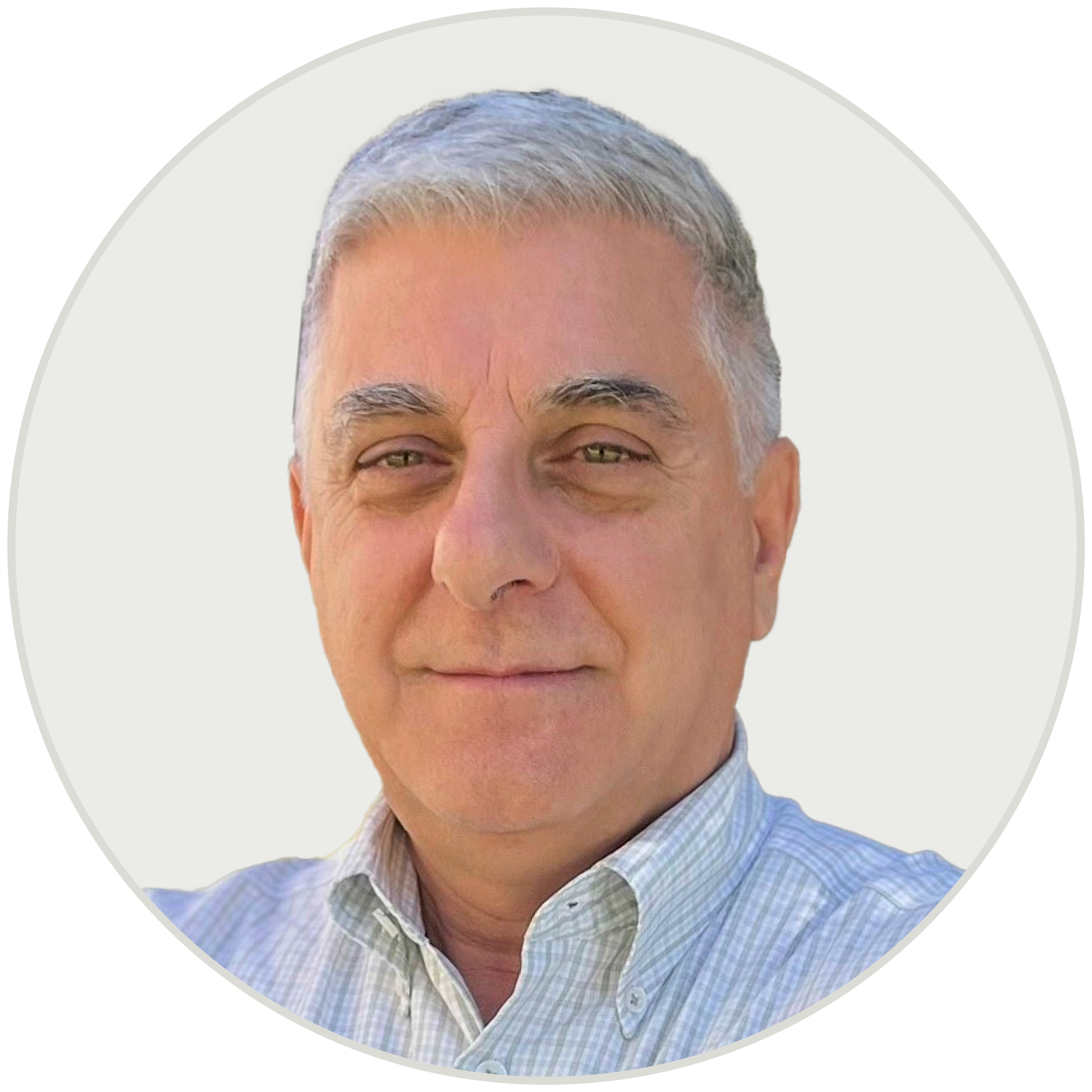- Our Doctors
- Prof Joe Cardaci

Prof. Joe Cardaci
Nuclear Medicine Physician, MBBS, FRACP, AANNMS
For patients/carers
For doctors
Nuclear Medicine Physician, MBBS, FRACP, AANNMS
Locations
Clinical interests
- Prostate cancer
Treatment techniques
- Theranostics
Languages
Fluent
- English
- Italian / Italiano
Biography
Clinical interests in prostate cancer and neuroendocrine tumours (NETs).
Prof Cardaci is a Nuclear Medicine Physician with a long-standing interest in theranostics. He was involved in the early development of SIRT therapy for liver cancer. He has been involved in multiple international research trials advancing the field of radionuclide therapy in advanced malignancies. Dr Cardaci's clinical interests are advanced prostate cancer, neuroendocrine tumours (NETs), and liver cancer.
Prof Cardaci also practices as a General Medicine Physician, overseeing a busy medical department at Hollywood Private Hospital, Perth. He is actively engaged in medical student and Basic Physician training, and is Adjunct Associate Professor at University of Notre Dame
More information
- Novel treatments for hard-to-treat cancers and radionuclide therapies.
- FRACP
- AANMS
- Kesavan M, Turner JH, Meyrick D, Yeo S, Cardaci G, Lenzo NP. Salvage radiopeptide therapy of advanced castrate-resistant prostate cancer with Lutetium-177-labelled Prostate-Specific Membrane Antigen: Efficacy and safety in routine practice. Cancer Biother Radiopharm. 2018 Sep;33(7):274-281.
- Van Hazel G, Blackwell A, Anderson J, Price D, Moroz P, Bower G, Cardaci G, Gray B. Randomised phase 2 trial of SIR-Spheres plus fluorouracil/leucovorin chemotherapy versus fluorouracil/leucovorin chemotherapy alone in advanced colorectal cancer. J Surg Oncol. 2004 Nov 1;88(2):78-85.
Explore more
Disclaimer:
This website is provided for information purposes only. Nothing on this website is intended to be used as medical advice, or to diagnose, treat, cure or prevent any disease. It should not be used as a substitute for your own health professional's advice. Any medical procedure or treatment carries risks. Before proceeding with treatment, you should discuss the risks and benefits of the treatment with an appropriately qualified health practitioner. Individual treatment outcomes and experiences will vary.




